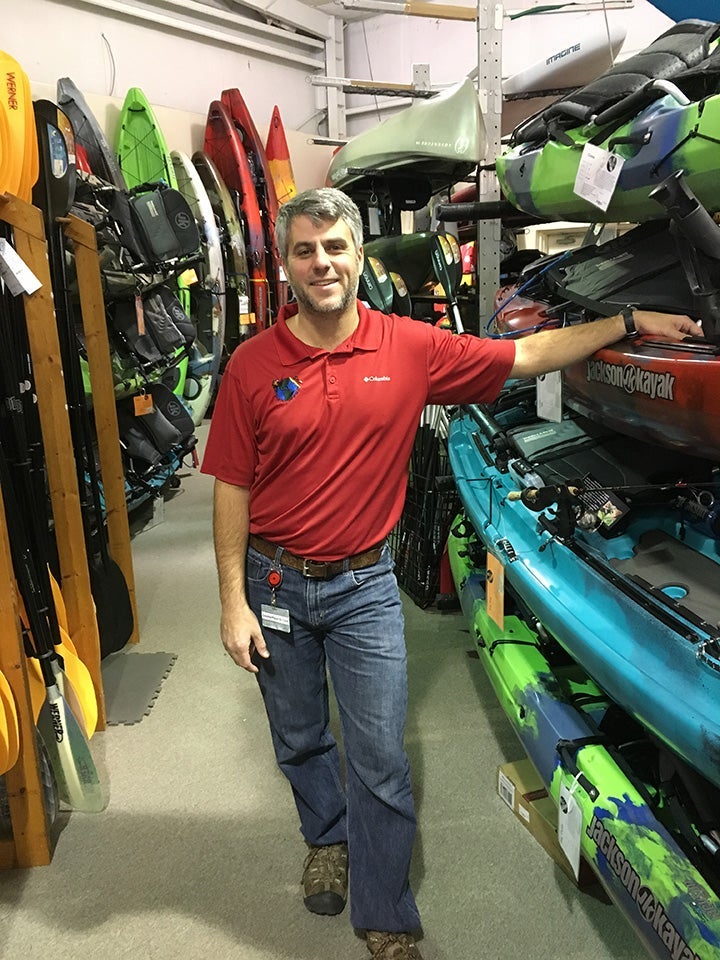In the summer of 2015, when Brent Troncalli of �����ԹϺ��� World, a Georgia-based outdoor specialty store, decided to give up one of his two locations to spend more time with his family, he needed a plan.
“We looked at our options and decided we could either close the store completely or try to find somebody to take it over,” he said.
Many shop owners eventually face this decision, and it’s not an easy one. Closing up shop, after pouring years of their life into a business they love, feels like defeat.
But a good succession plan empowers specialty retailers to achieve their financial goals and set a new owner up for success.
Know Your End Game
Without a clear goal, it’s difficult to achieve a successful transition for the business. According to Cyndi Thompson of Cinder Finance, a firm that specializes in financial planning for small businesses, sellers could point the sale toward any number of very different exit goals.
“Do they want to hand off the keys and walk into the sunset with a check? Or would they like to phase out gradually?” Thompson said. These goals determine the design of the plan.
James Wilson of Eastside Sports in Bishop, California, who died recently, wanted to maintain the store’s success after his retirement, according to Todd Vogel, the store’s current co-owner.
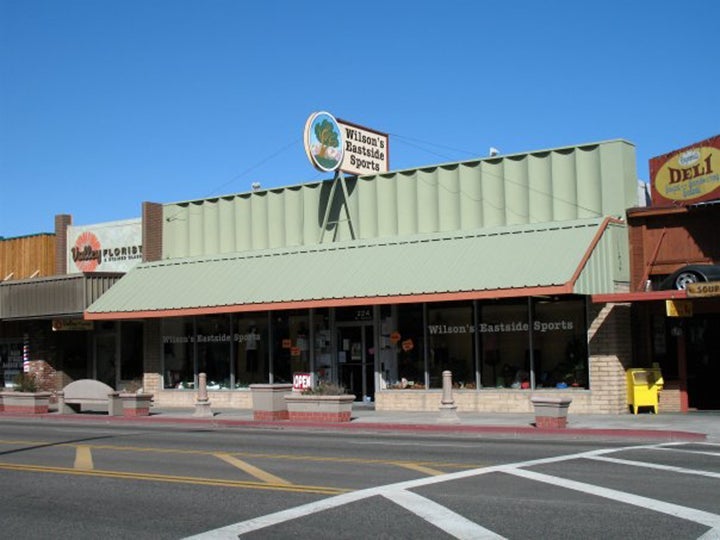
“From James’s perspective, he was concerned about legacy,” Vogel said. “He said he could just sell everything and close it, but that was, by far, not his first choice.”
Procrastination—and Rushing—Will Cost You
In an ideal world, the planning process would begin at least three years before closing. For almost five years leading up to Dana (and husband Jeremy) Davis’s purchase of Summit Hut, she and founder David Baker exhaustively researched the legal process of selling the business.
Rushing through contractual details not only costs more in legal fees, it can lead to important oversights of small details that may cost both parties down the road. For example, the archival photos on the wall of Summit Hut colorfully evoke the history of the store, but Davis and Baker could easily have overlooked the ownership of these essential decorations had they rushed through contract-building. Instead, they methodically inventoried all the relevant store assets and included them in their contract.

Davis also called industry friends and acquaintances as well as financial experts far in advance in order to understand as much as possible the opportunities, challenges, and concerns involved in taking over the Summit Hut. “Doing my homework required a lot of time and effort, but in the end it was why I was successful,” Davis said.
Get Real (About Value)
When the Davises began considering purchasing Summit Hut, they assessed the value of the business in hard economic terms in order to determine the sum they would pay for it.
But for some founders, value assessments can get, understandably, emotional. Founders commonly fall into the trap of factoring in the blood, sweat, and tears that went into building the business. This sweat equity, while deeply important to the seller, does not factor into the objective value of the business, and it can complicate the negotiations.
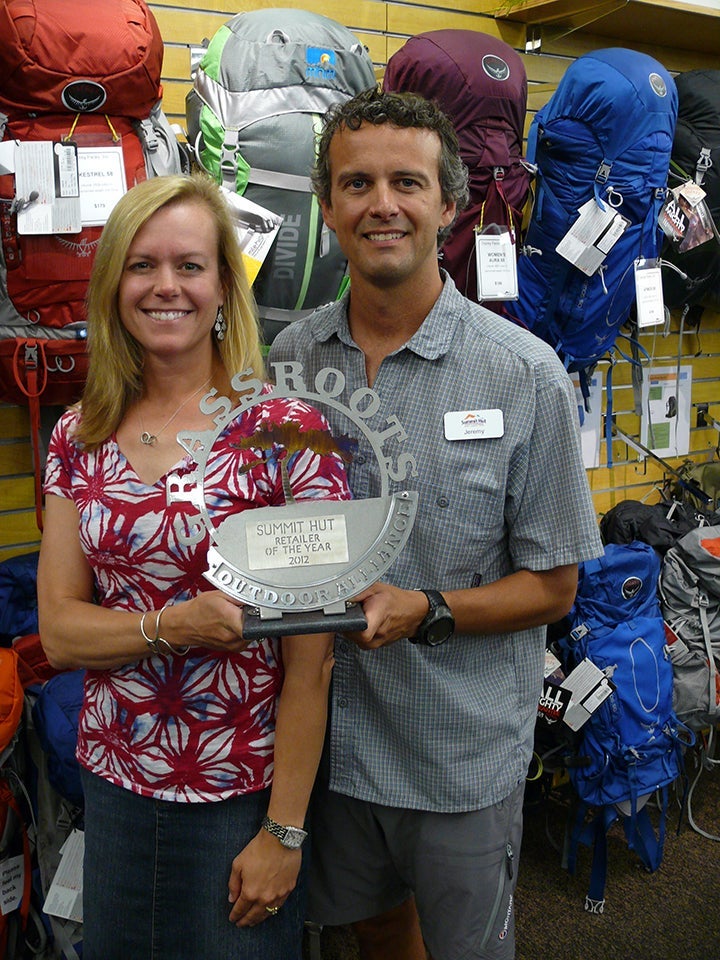
Davis suggests walking in your counter party’s shoes while negotiating. “Truly look at what you would pay for your company if you were the one looking to buy it, because that gives you a different perspective,” she said.
Cultivate the Right Buyer
Dana Davis had known for years that she wanted to eventually own Summit Hut.
“I was pursuing a career as a skydiving jumpmaster and cameraman, but I took a job temporarily at the Summit Hut,” she said. “I actually loved working there, so I decided that was what I was going to do.”
She quickly took on bigger roles at the store—managing and buying—and she made it clear to Baker that she was interested in buying the business when he decided to retire.
According to Thompson, the most successful transitions are those in which the operations aren’t dependent on the single owner’s knowledge and connections. This is particularly noticeable in transitions within families.
Joe Butler worked at his father’s store, Black Creek Outfitters, for over a decade before purchasing it from him. That time spent in the store, as well as the already unsurpassable bond of trust between father and son, allowed Butler Sr. to help Butler grow the skills necessary to take the store over when he retired in 2005.
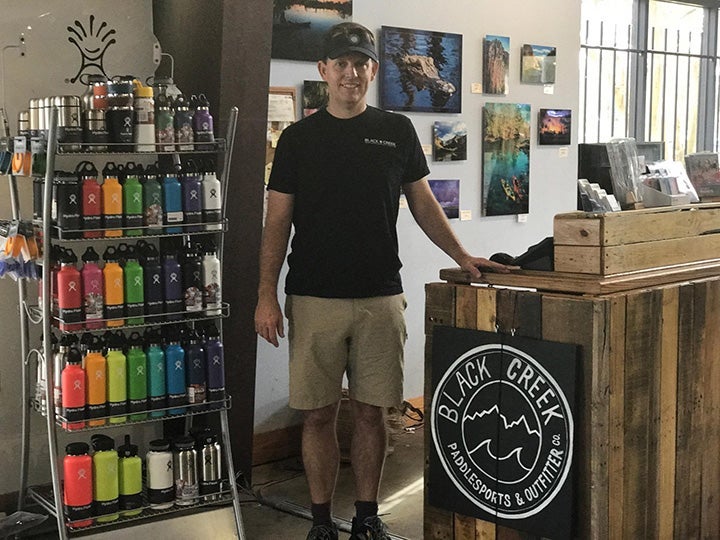
Butler uses that approach today to help his employees develop their store knowledge and their alignment with his vision for the future of the business.
“I want to empower people, so that they don’t feel like they always have to come to me with questions,” Butler said. To nurture great employees, Butler sometimes steps out of the store for a few hours or days to give them a chance to solve problems without relying on his knowledge of the business.
If outgoing owners have given committed employees a broad knowledge of the industry and the functions of the business, then they have mentored the perfect buyer.
“If you have an employee who’s been there forever—who basically knows how to run the joint—why wouldn’t you look to that person as your first choice?” Vogel said. “It makes sense for everybody.”
Calm Your Vendors
Every owner we spoke to emphasized the need to keep vendors informed and confident that the business will succeed under new ownership. Prior to their purchase of Eastside Sports, Vogel and his wife and business partner, Chris Iversen, sent a joint letter to all their vendors informing them of the sale.
Sellers can help ease vendors’ nerves about a sale as well—effectively passing the torch of the business in the buyers’ eyes, which makes it easier for new owners to establish those critical relationships. Dave Baker spent his first day as the former owner of Summit Hut calling vendors on Davis’s behalf. “He made sure to let people know that he thought the sale was a really good thing, and he was behind it confident that we would be successful,” Davis said.
Watch the Details
Good lawyers and valuation professionals who understand both parties’ goals can help smooth over future questions, even after the transaction has taken place. When negotiating the Summit Hut transition, the Davises and Baker included everything they could think of in the contract—from the aforementioned store photos to the length of time Baker would receive a discount. “It can get very confusing and challenging when emotions and money are involved,” Davis said. “If you have it in writing, it takes ambiguity out of it.”
When Troncalli finally decided to sell the Columbus location of �����ԹϺ��� World, his longtime manager Chris Largent was the obvious choice.
“We went to Chris and said, ‘We want to do this,'” Troncalli said. “‘We think you’re so valuable and you’ve given us years of your life so far; we want to give you the first opportunity to purchase it.'”
Troncalli and Largent paid close attention to the many details involved in ensuring the store succeeds after Troncalli’s exit, and it’s paying off. Largent started his ownership of �����ԹϺ��� World Columbus with strong employee and vendor relationships, and Troncalli remains invested in Largent’s success among the Georgia outdoor community, even from afar.
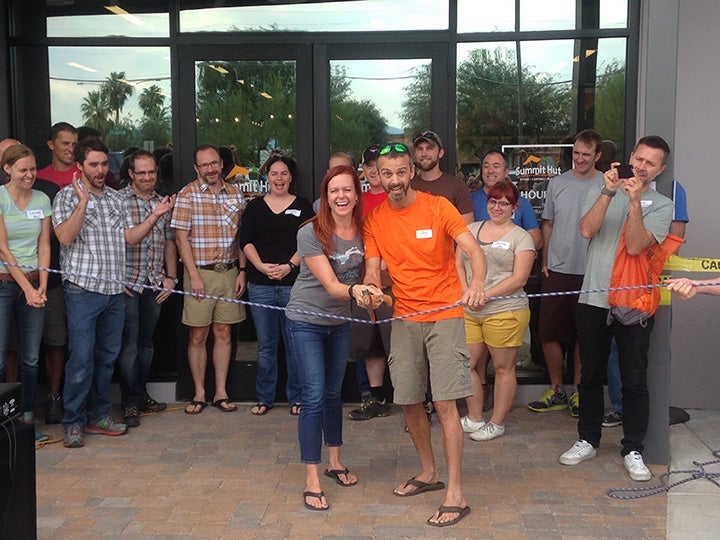
“It’s important that he’s successful,” Troncalli said. “Our industry’s a little different. There are so many little things you’ve got to know. If you don’t, you’re not going to make it.”
Chris Rooney is a freelance writer and rock climber based in Chicago, Illinois. This is his first story for OBJ.


